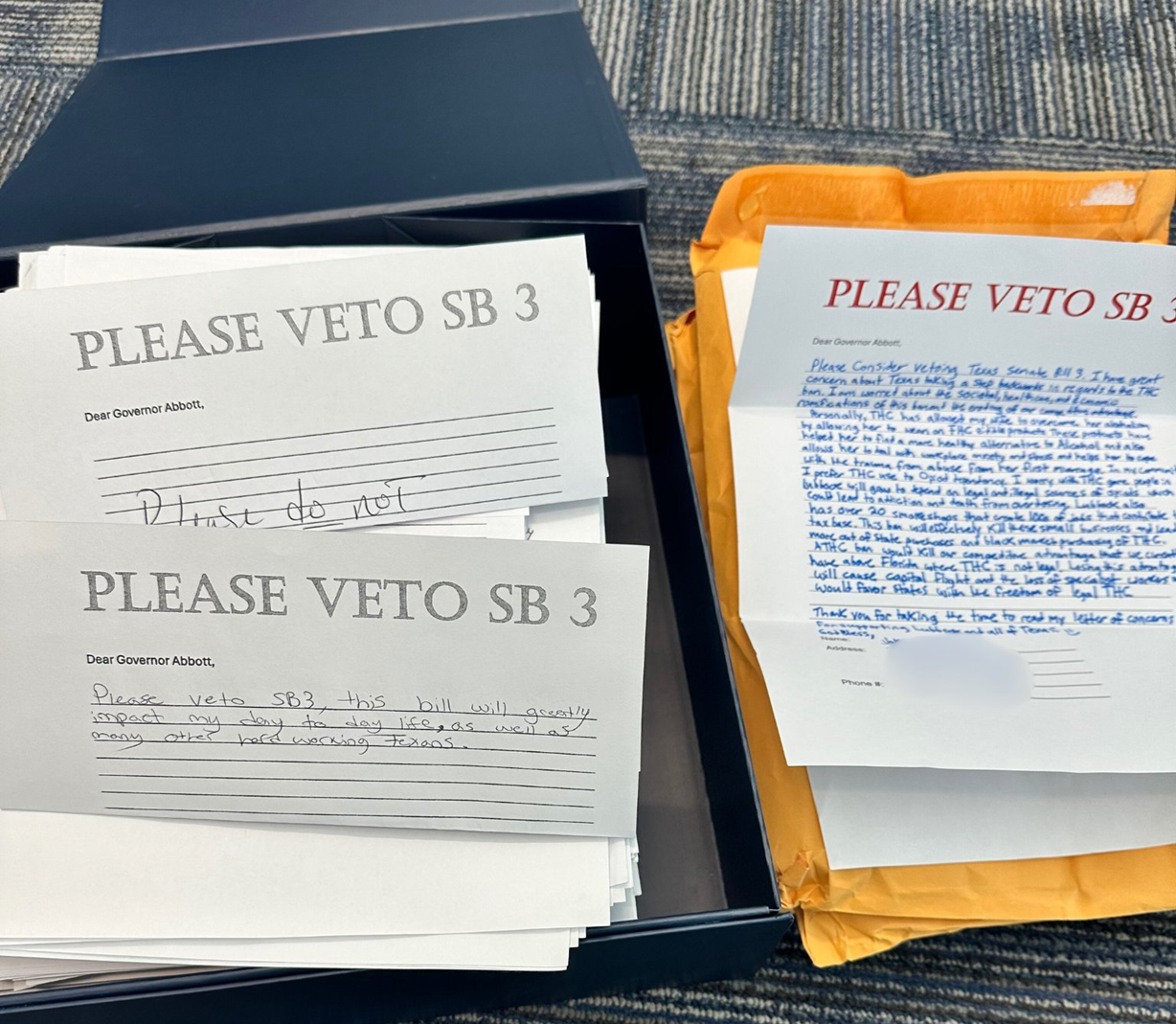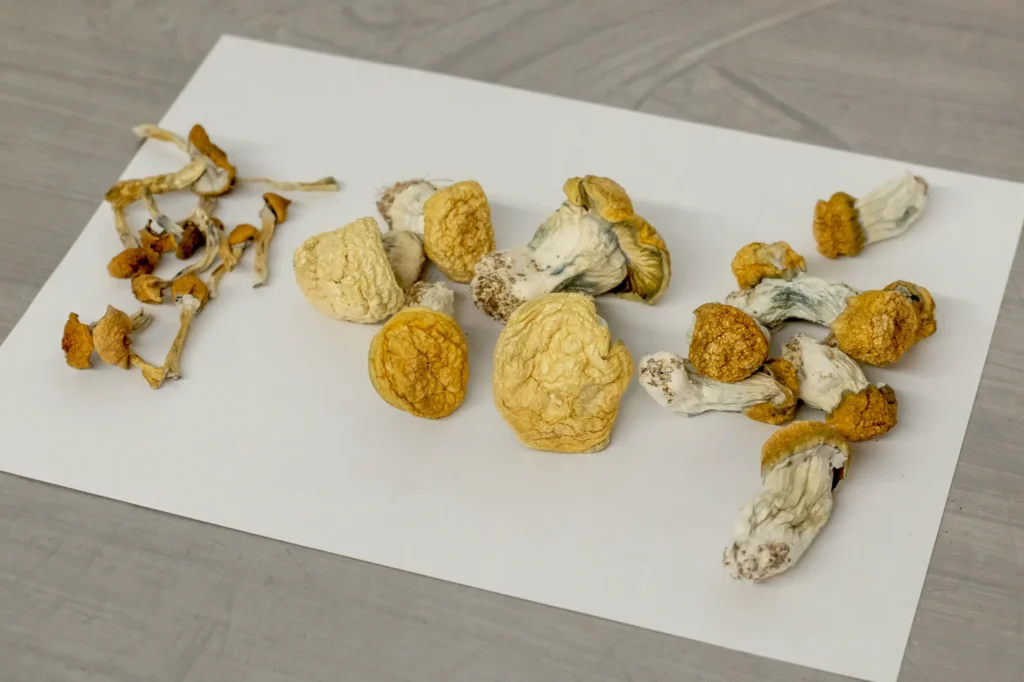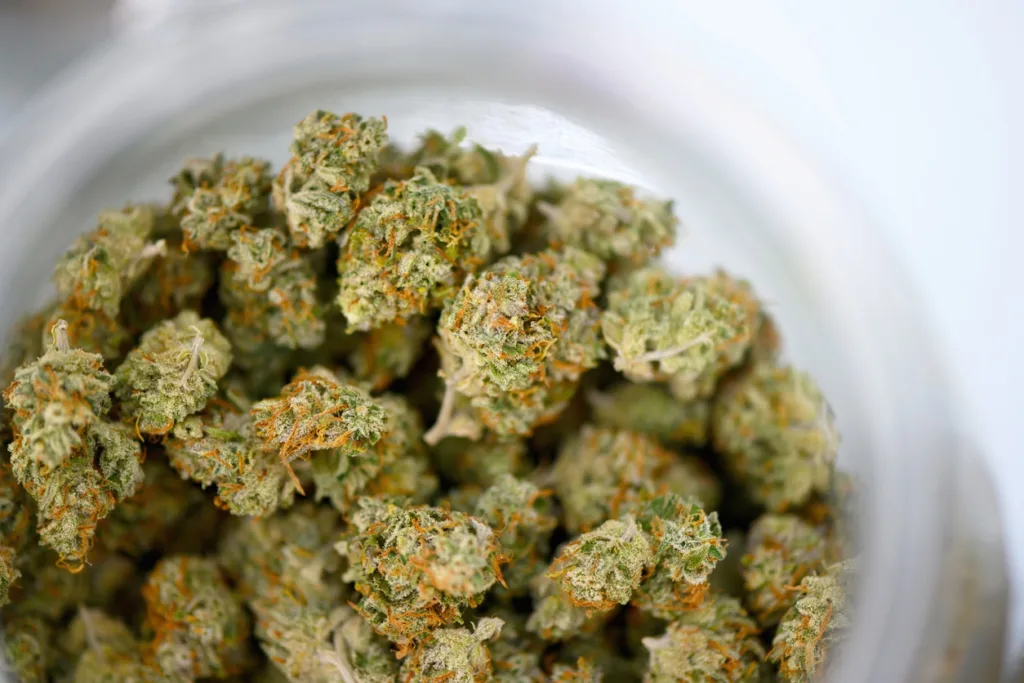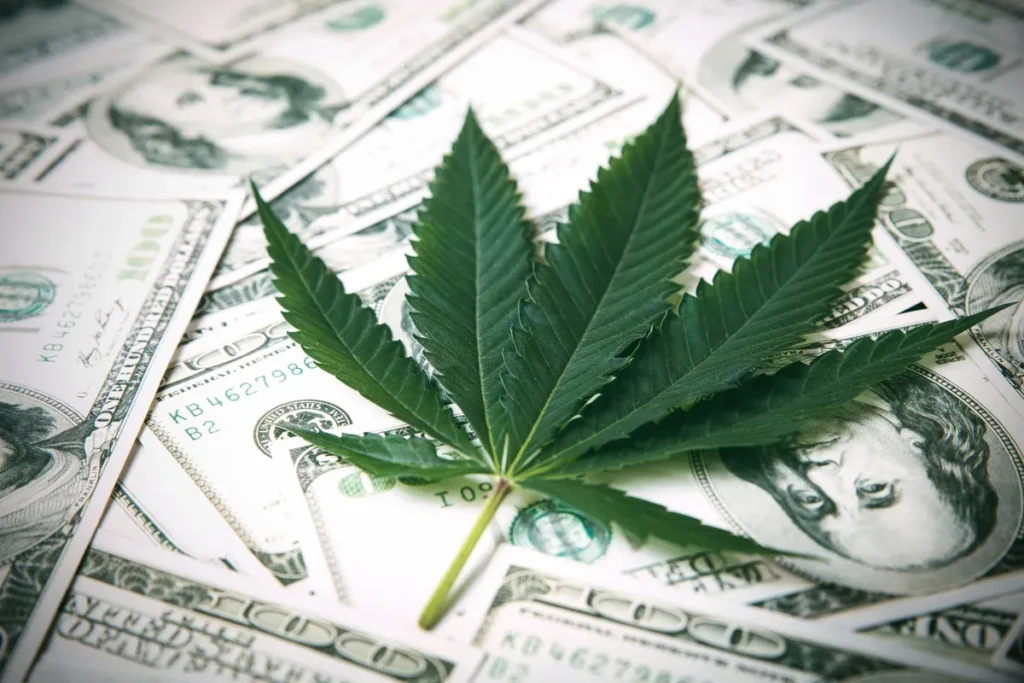A new international study has found that people with endometriosis who use cannabis overwhelmingly view it as more effective and better tolerated than traditional pharmaceuticals, with nearly all participants saying they plan to continue using it to manage their symptoms.
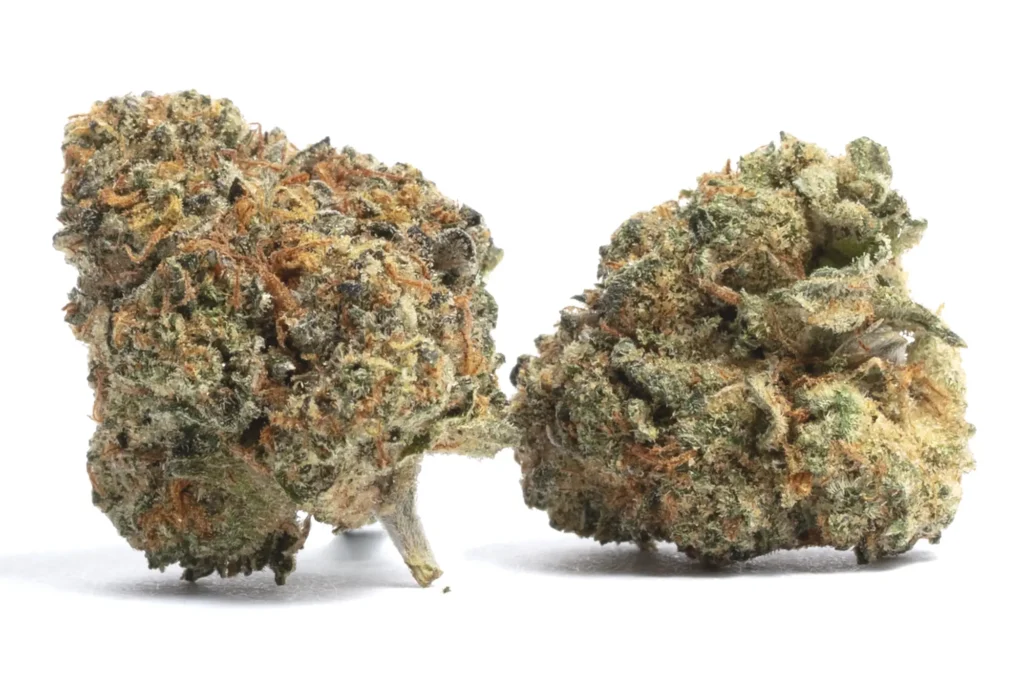
Published in the journal Reproduction & Fertility and conducted by researchers from Griffith University and Western Sydney University, the study surveyed 889 people from over 10 countries who reported using cannabis for endometriosis-related symptoms. Nearly 57% accessed cannabis through illicit channels, and those who did were significantly less likely to disclose their use to a healthcare provider.
The most common reasons cited for turning to cannabis were inadequate pain relief from other treatments (68.6%), negative side effects from medications (56.3%), and concerns about addiction or dependence on pharmaceuticals (43.9%). Cannabis was also favored for its perceived superior effectiveness and fewer side effects.
Continue reading




